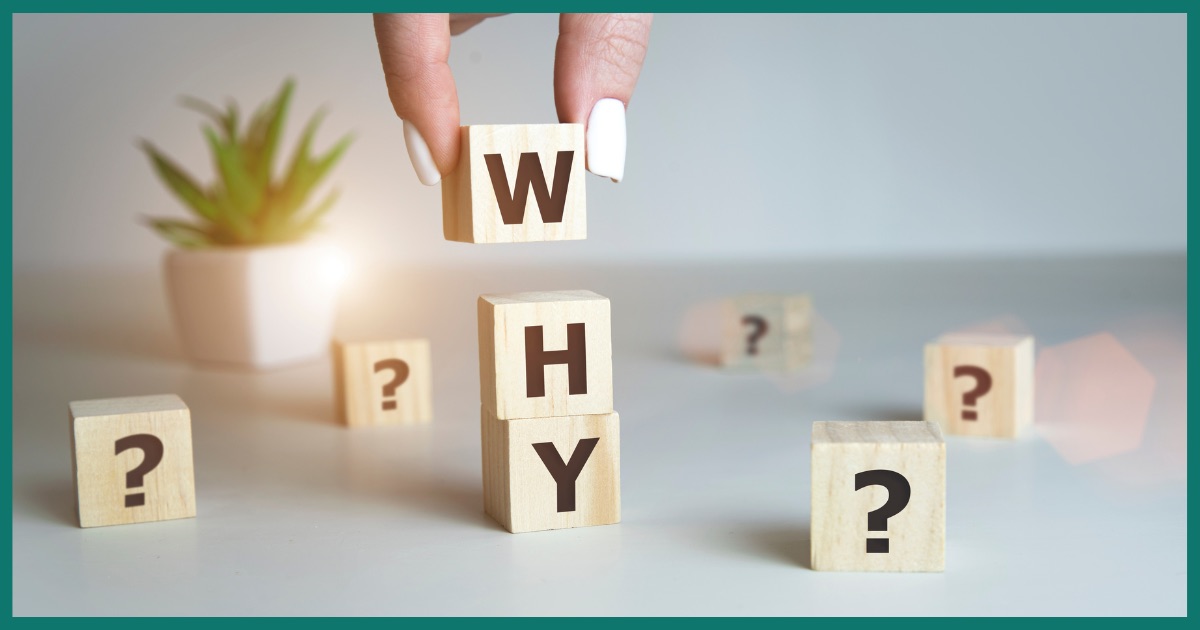Why AA Didn't Work For You (And Why That's Okay)
By Sophie Solmini
Founder, ICADC, MATS, NCRC

Clinical Context: This article is reviewed by a Certified Alcohol and Drug Counsellor. It provides educational information and is not a substitute for professional medical advice.
You walked into the room, you sat in the circle, you listened to the stories. You tried to connect with the concept of a 'higher power' and the idea of being 'powerless.' But in the quiet moments, a nagging thought kept surfacing: “This just doesn't feel like me.”
If you've tried Alcoholics Anonymous (AA) and felt like it wasn't the right fit, you are not alone. For millions, AA has been a life-saving community. But for countless others, the experience can lead to feelings of frustration, alienation, and even failure. They start to wonder, “If this is the most famous recovery program in the world and it's not working for me, is there something wrong with me?”
Let’s be perfectly clear: If AA didn't work for you, it does not mean you have failed. It means you may need a different tool for a different job. At Heal@Home, we believe that recovery is not one-size-fits-all. Understanding why a particular approach might not fit you is the key to finding one that does. This guide is for anyone who is looking for a different path forward.
Why a Single Path Can't Be for Everyone
Alcohol Use Disorder (AUD) is a complex medical condition with deep biological, psychological, and social roots. Expecting a single, un-changing program created in the 1930s to be the perfect solution for every single person is unrealistic. The reasons a 12-step model might not resonate are deeply personal.
- The Spiritual Component: The emphasis on a 'higher power' is a cornerstone of the 12-step model. For people who are secular, agnostic, or simply uncomfortable with this framework, it can feel like an insurmountable barrier.
- The 'Powerless' Philosophy: The first step of AA is admitting you are powerless over alcohol. While this is a profound relief for some, for others,especially high-achievers and professionals,it can feel disempowering. They may be seeking a method that helps them regain control, not surrender it.
- The Abstinence-Only Mandate: AA is a program of complete abstinence. This is a noble and necessary goal for many, but it doesn't align with the goals of those who are seeking to reduce their drinking in a controlled way (harm reduction).
- The Group Setting: For many, especially those who value privacy, the idea of sharing their most personal struggles in a group of strangers is a significant deterrent.
The Missing Piece: Addressing the Biology of Cravings
The most significant reason that willpower-based programs can be a struggle is that they primarily address the psychological and spiritual aspects of recovery, often without a tool for the biological side. AUD causes real, physical changes in the brain that create powerful, often overwhelming, cravings. Asking someone to simply 'not drink' in the face of these cravings is like asking someone with a broken leg to just 'walk it off.' The intention is there, but the physical reality makes it nearly impossible. This is where a modern, medical approach provides the missing piece of the puzzle.
A Science-Based Alternative That Puts You in Control
If you felt like you were constantly fighting your own brain in a traditional program, there is another way. Our entire approach at Heal@Home is built on addressing the biology of addiction first.
We use Medication-Assisted Treatment (MAT), most often with The Sinclair Method (TSM). This is not another meeting; it's a medical treatment that uses a safe, non-addictive medication like naltrexone to scientifically reduce your brain’s craving for alcohol. It works by blocking the rewarding 'buzz' from drinking, and over time, your brain simply loses interest. This approach directly addresses the reasons many people struggle with other models:
- It's Medical, Not Spiritual: The foundation is neuroscience. It works regardless of your spiritual beliefs.
- It Empowers You: It's not about being powerless; it's about giving you a tool to regain power and control over your choices.
- It Supports Your Goals: TSM is proven to be highly effective for both abstinence and harm reduction, respecting your personal recovery goals.
- It's Completely Private: All of our programs are delivered via confidential telehealth, fitting into your life without sacrificing your privacy.
You Have Options: Finding Your Community
If the group setting is something you value, but the 12-step philosophy wasn't a fit, there are other excellent peer support communities. SMART Recovery Canada is a fantastic, science-based alternative that focuses on cognitive-behavioral tools and self-empowerment, without a spiritual component.
You Are Not a Failure. Your Method Might Have Been.
If you've been carrying the weight of feeling like you 'failed' at recovery, it's time to put it down. You didn't fail. You just haven't found the right tool yet. If you're in Canada and ready to explore a different path, contact Heal@Home for a confidential chat about our programs. Call us at 647-545-6751 or visit us online today.
Interested in our Program?
Our team provides a private, 12-week protocol designed to help you regain control from home.
Speak with our Team